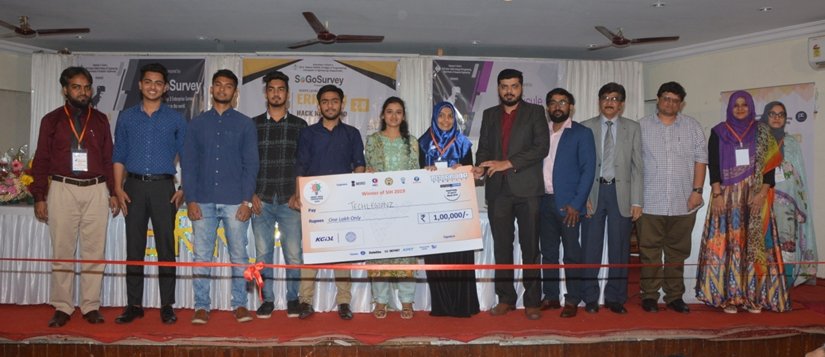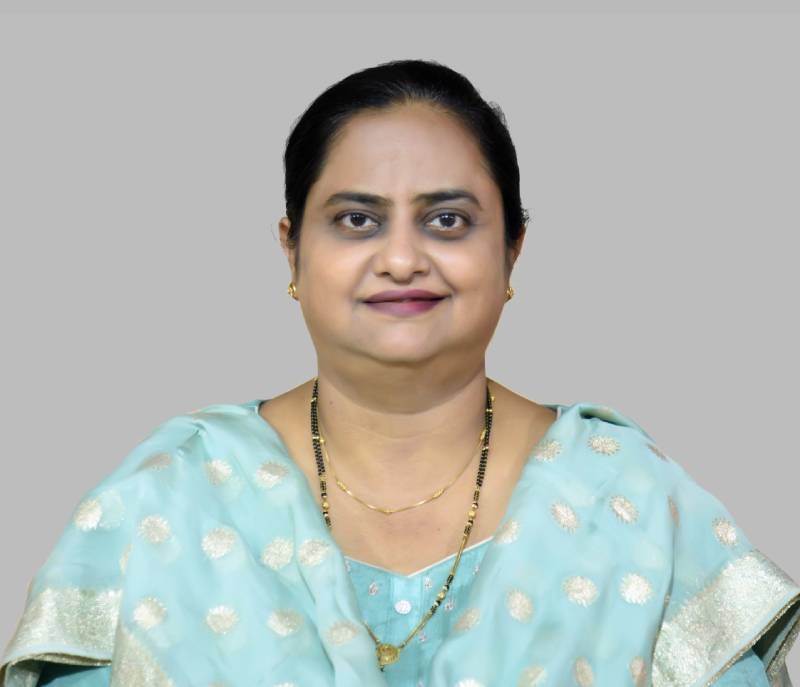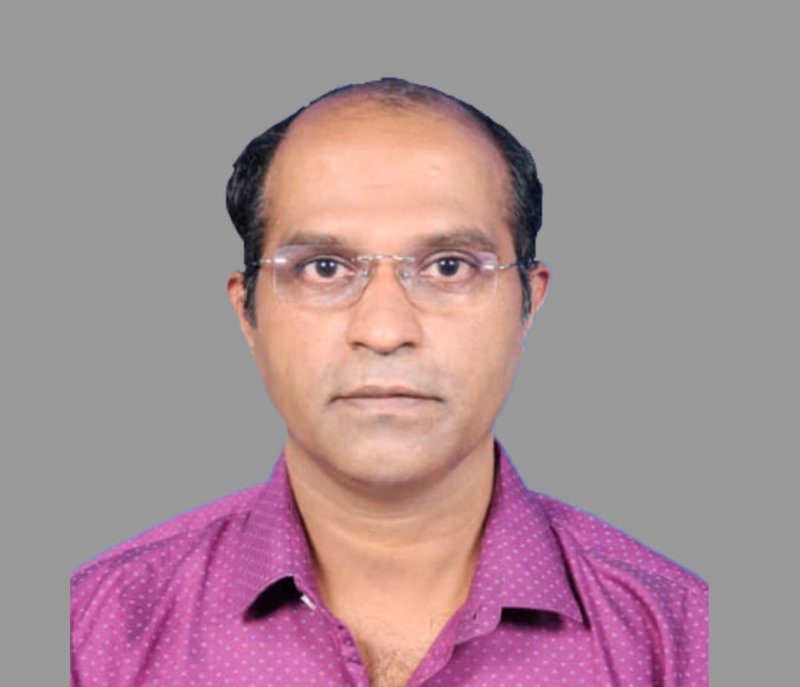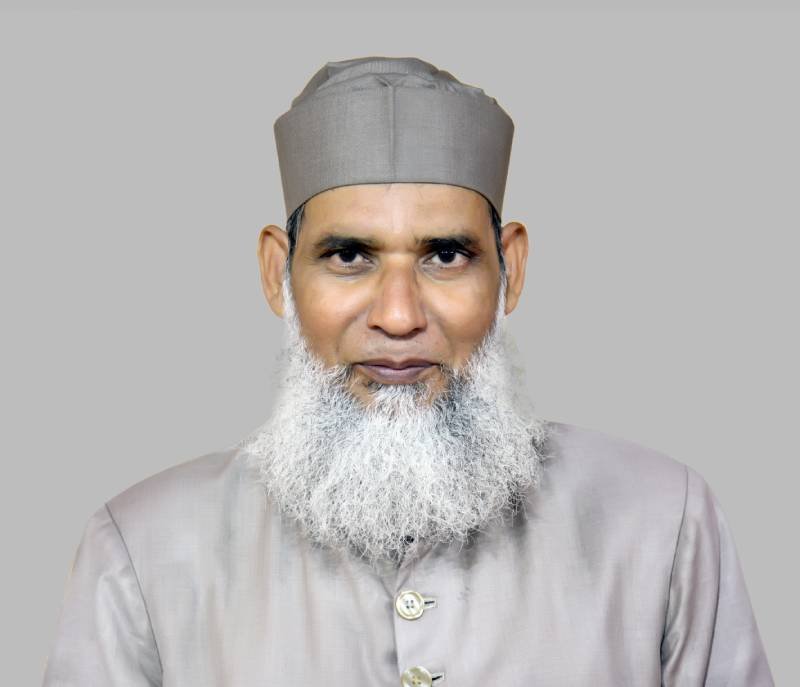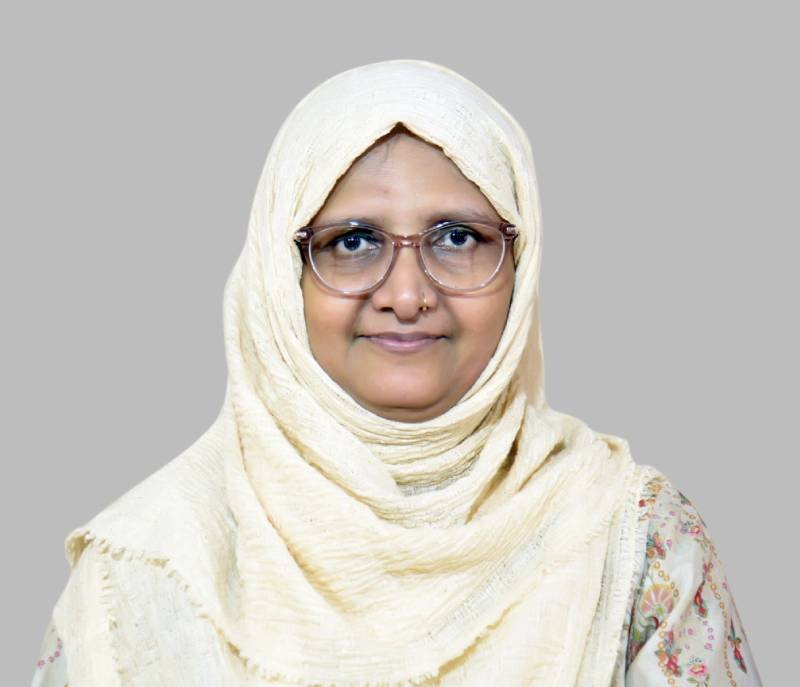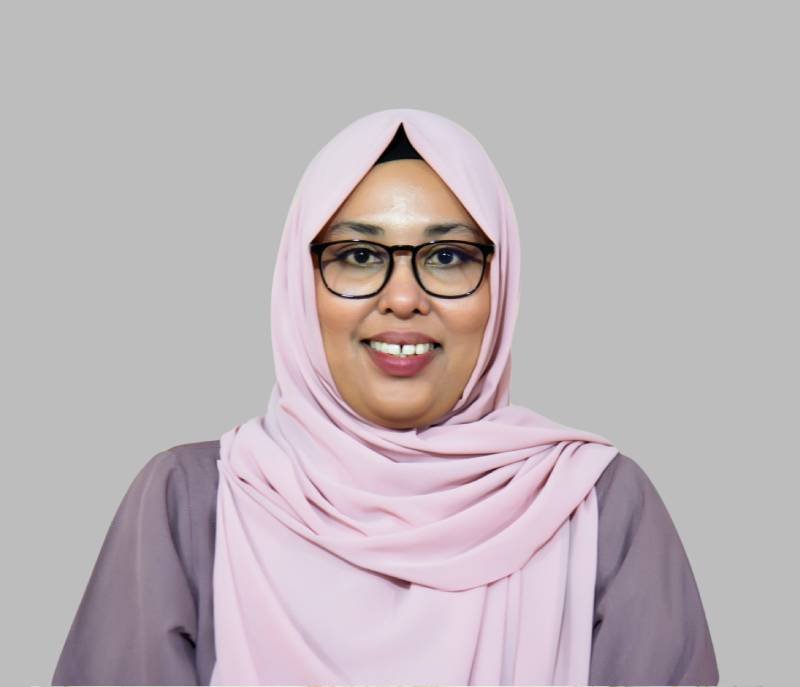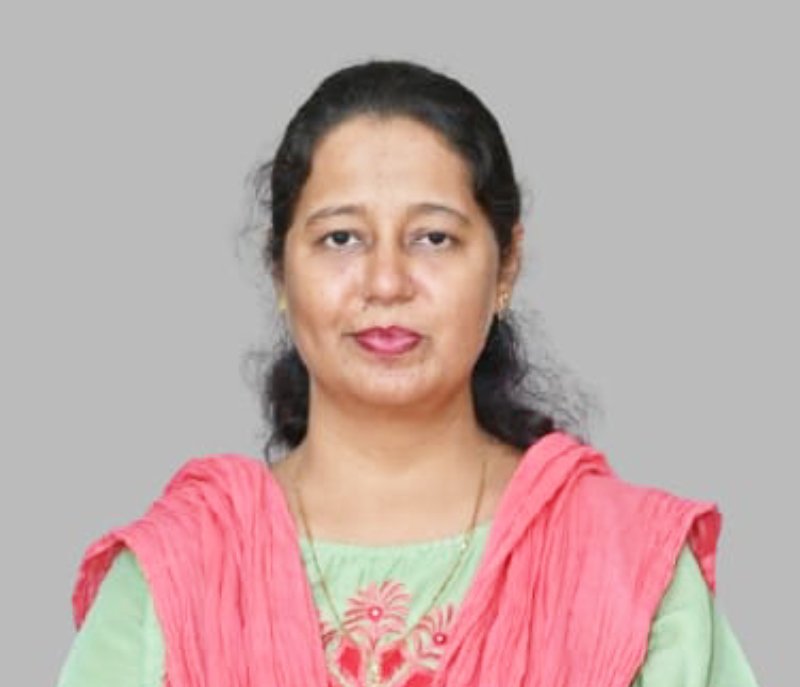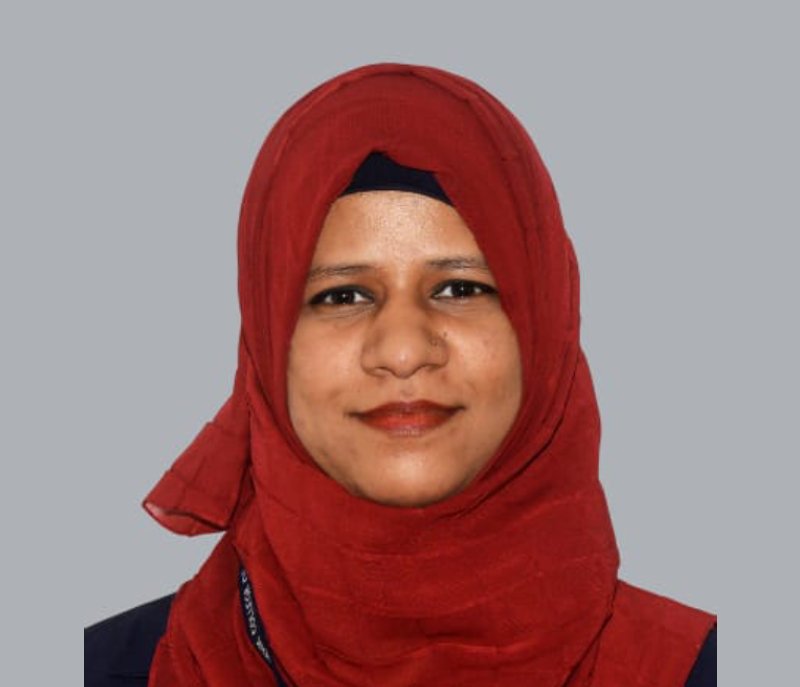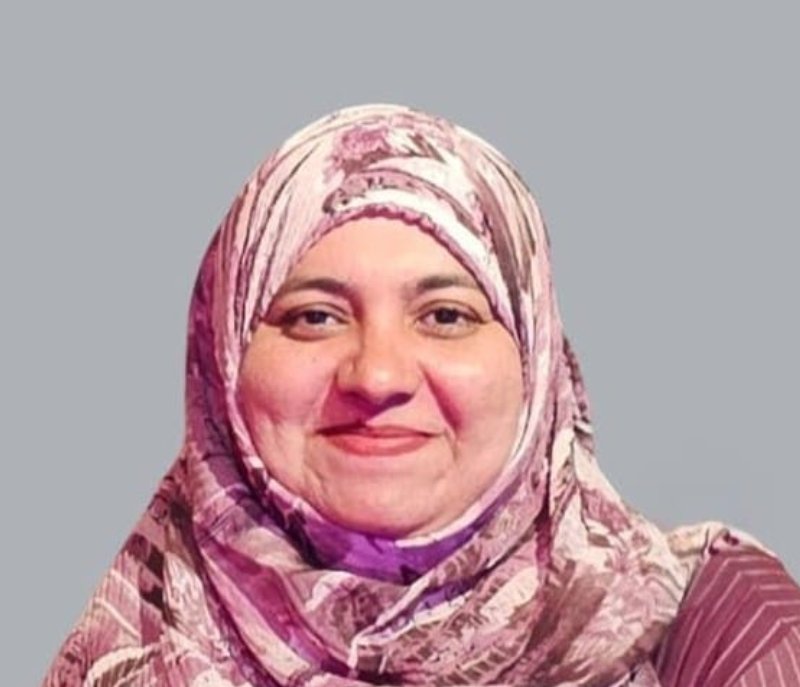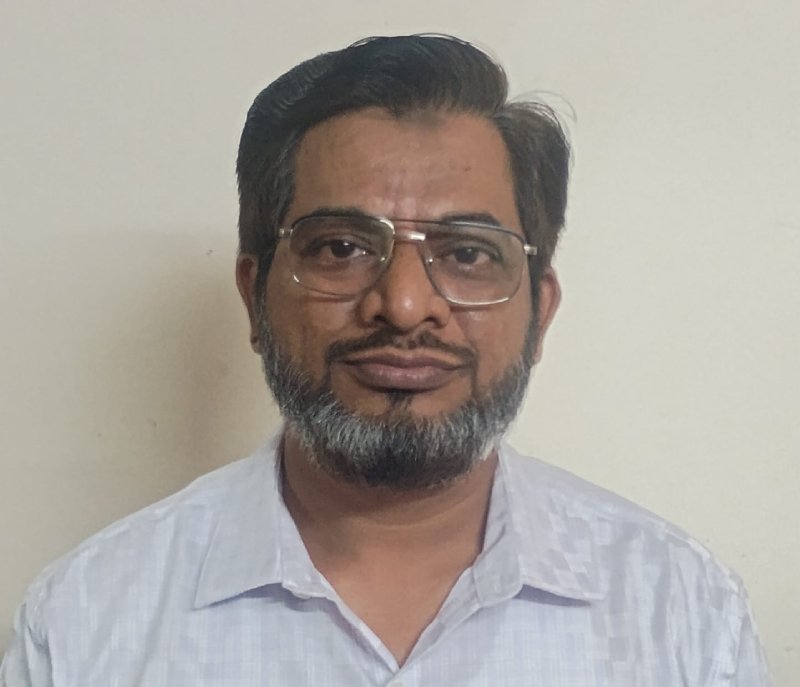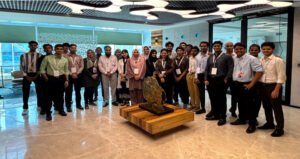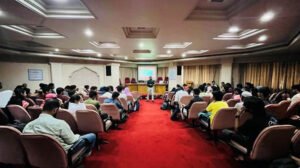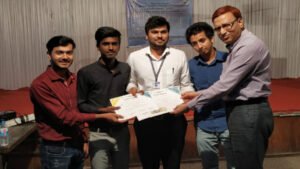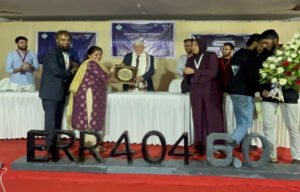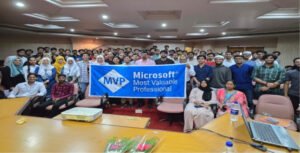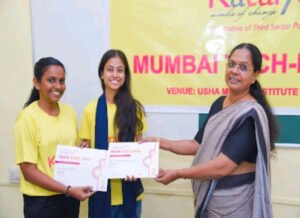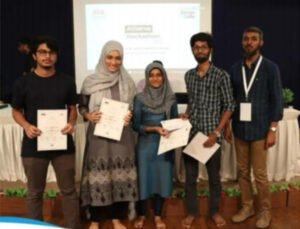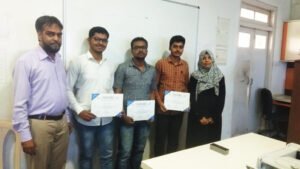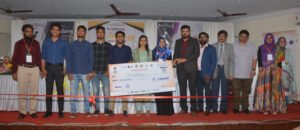Computer Engineering
Established in 1999, the Department of Computer Engineering at M.H. Saboo Siddik College of Engineering offers a robust undergraduate program integrating theoretical foundations with practical applications. With advanced laboratories, a project- oriented curriculum, and highly qualified faculty holding M.E. and Ph.D. degrees, the department emphasizes cutting-edge research in fields like AI, IoT, security, and computer vision. Faculty maintain strong industry links, hosting hackathons, guest lectures, and workshops through platforms like the Computer Society of India and Programmers’ Club. Students excel nationally, winning accolades such as the ₹1,00,000 Smart India Hackathon prize and securing seed grants for innovative projects. Consistently high placement rates reflect strong ties with recruiters like Microsoft, TCS, and Accenture, with many internships leading to full-time roles. Employability is enhanced through industry-aligned training, coding practice, and mock interviews.
Student life is vibrant and well-rounded, with opportunities for leadership, creativity, and collaboration. Technical societies and events like AMBROSIA foster innovation through coding contests, tech workshops, and competitions, while cultural, sports, and entrepreneurship activities enrich personal growth. Modern facilities, including dedicated project labs and a departmental library, support academic and collaborative work. The department nurtures holistic development by offering mentoring and counseling alongside academic guidance. Balancing rigorous coursework with extracurricular engagement, it cultivates technical expertise, communication skills, and leadership qualities. Driven by a vision to be a Center of Excellence in producing global IT professionals, the department combines academic rigor, innovation, and industry integration to prepare graduates for successful and impactful careers in a dynamic tech landscape.
Years of Academic Excellence
Faculty Experienced Educators
Alumni Global Network
Placement Success Rate
Computer Engineering
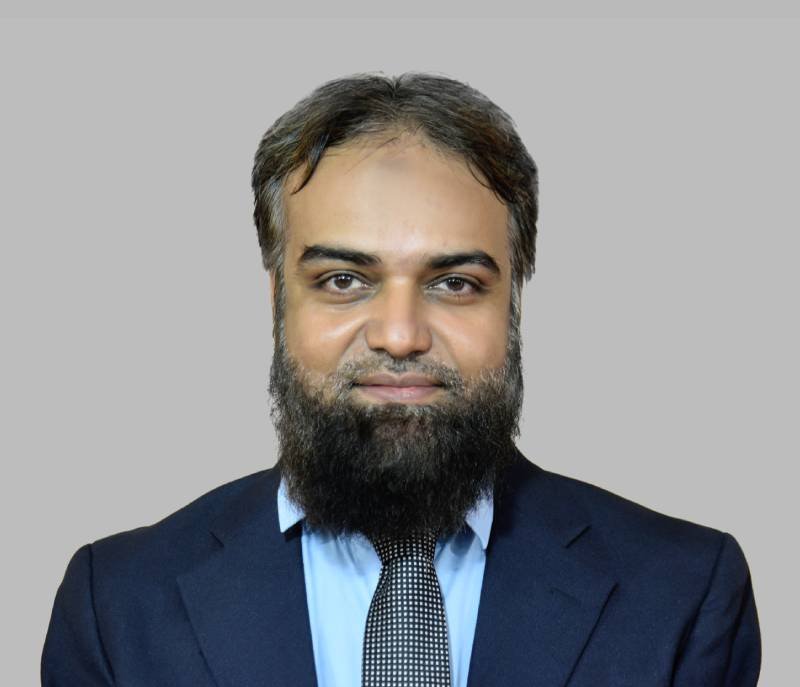
Dr. Mohammed Ahmed
Head of Department
The Department of Computer Engineering is dedicated to delivering high-quality technical education enriched with internships, industry-driven workshops, and hands-on projects. We focus on the holistic development of students through a blend of academics, co-curricular, and extra-curricular activities.
Our active student bodies, including the Computer Society of India (CSI)., the Programmes’ Club, .and the Entrepreneurship Development Cell (EDC), provide platforms for students to grow as leaders, innovators, and socially responsible professionals..
With a strong alumni network, experienced faculty, and industry collaborations, we strive to offer an enriching academic journey and excellent career opportunities for our students.
Our Vision
To be a Centre of Excellence enhancing developments in Computer Engineering through Globally Relevant Professionals.
Our Mission
To produce ethically competent and capable professionals who leverage advances in Computer Engineering for innovative solutions, through cutting-edge research and technology, that benefits both Industry and Society.
Program Educational Objectives (PEOs)
- PEO1 : To engage in lifelong learning and professional development by being abreast with emerging technologies, trends, and best practices in Computer Engineering..
- PEO2 : To manage, collaborate, and lead effectively with diverse stakeholders to meet needs of the industry.
- PEO3 : To ensure principles and practices that generate solutions in Computer Engineering and help decisions that reflect social responsibility and professional ethics.
Program Specific Outcomes (PSOs)
- PSO1 : To understand and evaluate fundamentals and advanced concepts of computing skills and technology..
- PSO2 : To analyze the structure, design, and development processes of software systems on multiple platforms..
- PSO3: To apply computing knowledge in multidisciplinary domains for identifying problems and developing solutions for real-world problems.
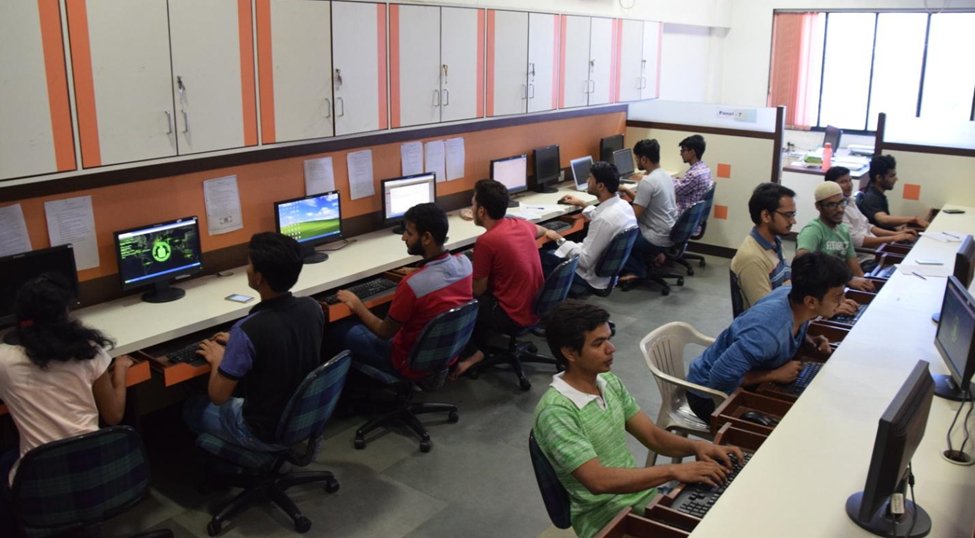
Networking Lab
Location: Jimba Bai building (4th Floor)
Hardware: HP DESKTOP Intel Core i7 12500 2.10 GHz Processor , Intel H61 Express Chipset, RAM 8GB DDR4 1333 MHZ SDRAM MEMORY, 1 TB 7200RPM 3.5” SATA Hard Drive, Keyboard/Optical Scroll Mouse
Software: Windows 10 Pro, Turbo C++ 3.2, JDK 8, Libre Office 5.3, 7-Zip 16.04, Google Chrome, JCreator, Notepad++ 7.4.1, Oracle VM VirtualBox 5.1.26
Microprocessor Lab
Location: Jimba Bai Building (3rd Floor, Staff Quarters)
Hardware: HP DESKTOP Intel Core i7 12700 2.10 GHz Processor , Intel H61 Express Chipset, RAM 8GB Non-ECC DDR3 1333 MHZ SDRAM MEMORY, 1 TB 7200 RPM 3.5” SATA Hard Drive, Keyboard/Optical Scroll Mouse
Software: Windows 10 Pro, Turbo C++ 3.2, JDK 8, Libre Office 5.3, 7-Zip 16.04, Google Chrome, JCreator, Notepad++ 7.4.1, Oracle VM VirtualBox 5.1.26
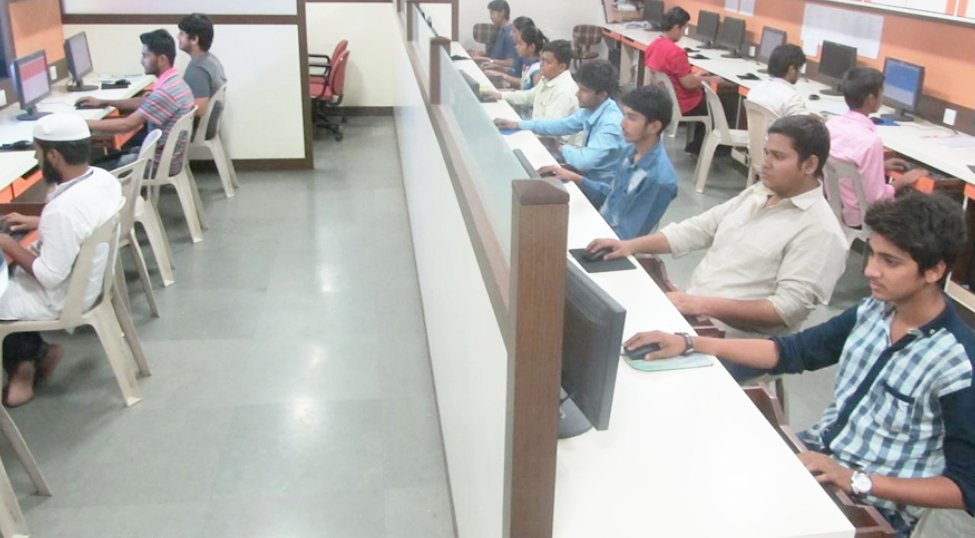
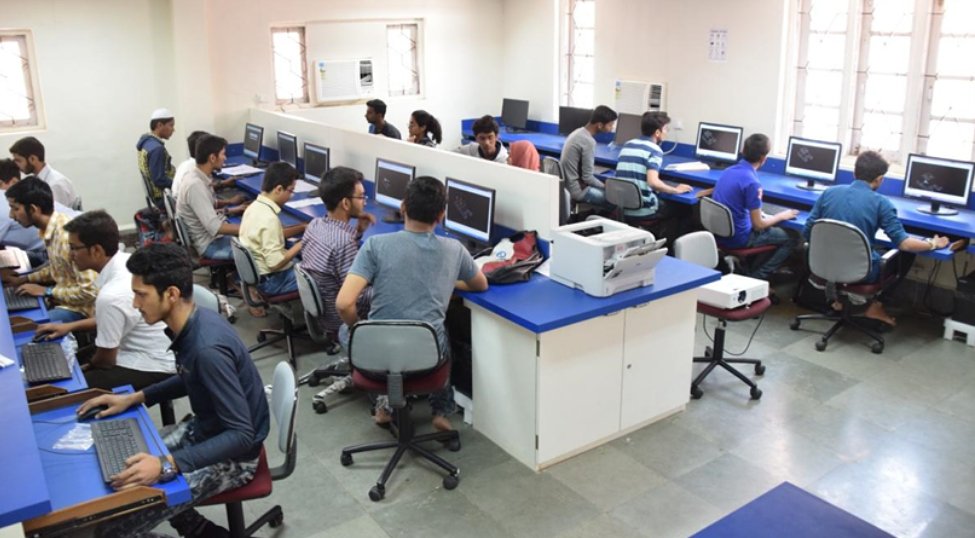
Programming Lab-I
Location: Central Building (2nd Floor)
Hardware: Lenovo DESKTOP Intel Core i5 -2120 Processor (3.30 GHz, 3 MB) Intel H61 Express Chipset, 4 GB (1x4GB) DDR3 1333MHz SDRAM Memory, 500 GB 7200RPM 3.5” SATA HDD 16x RW with dual layer , USB optical Mouse , USB Entry Keyboard ACER Monitor V193HQL
Software: Windows 10 Professional, Seqrite Antivirus protection, Office 7 Standard, Turbo C , JDK 12, 7 zip, Acrobat Reader, Chrome, Firefox, Virtual Box, VLC.
Programming Lab-II
Location: Central Building (2nd Floor)
Hardware: Lenovo DESKTOP Intel Core i5 -2120 Processor (3.30 GHz, 3 MB) Intel H61 Express Chipset, 4 GB (1x4GB) DDR3 1333MHz SDRAM Memory, 500 GB 7200RPM 3.5” SATA HDD 16x RW with dual layer , USB optical Mouse , USB Entry Keyboard ACER Monitor V193HQL
Software: Windows 10 Professional, Seqrite Antivirus protection, Office 7 Standard, Turbo C , JDK 12, 7 zip, Acrobat Reader, Chrome, Firefox, Virtual Box, VLC.
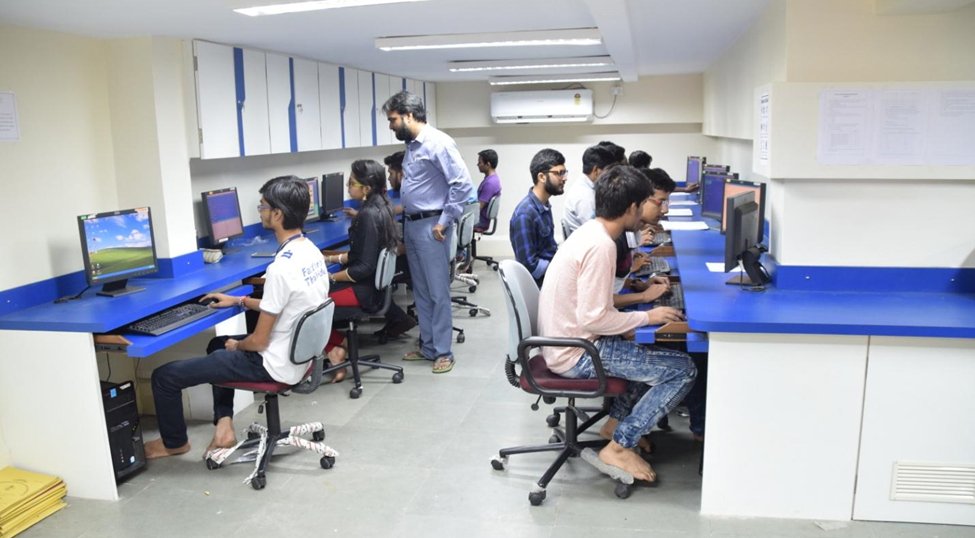
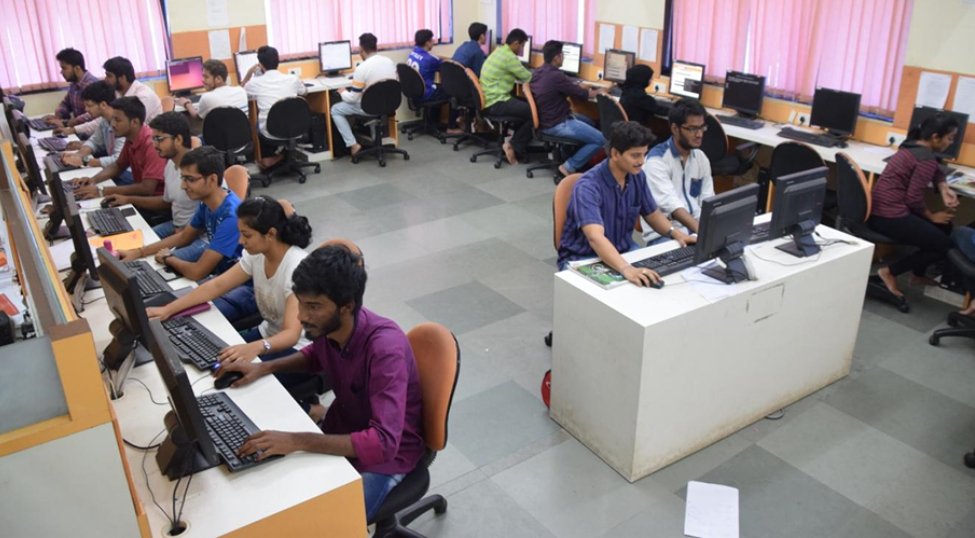
Computer Centre Lab
Location: Central building, Second floor
Hardware: Dell Vostro, i5-9400processor, 9 MB cach, 6 cores,2.96 GHz, 1 TB 7200 rpm SATA
Software: Win10 Licence Chrome Winzip Java Netbins Android studio Python Notepad ++Eclipse Turbo Jdk vlc media player
Network: LAN
Project lab
Location: Central building, Second floor
Hardware: Intel Intel Pentium 4, 1GB RAM, 80 GB HDD, cabinet with SMPS, USB keyboard & mouse, 19.5” TFT screen.
Software: Windows 10 Professional 64 bit, Google Chrome, 7zip 64 bit, Turbo C, jdk 64 bit, .Net framework, Libre Office.
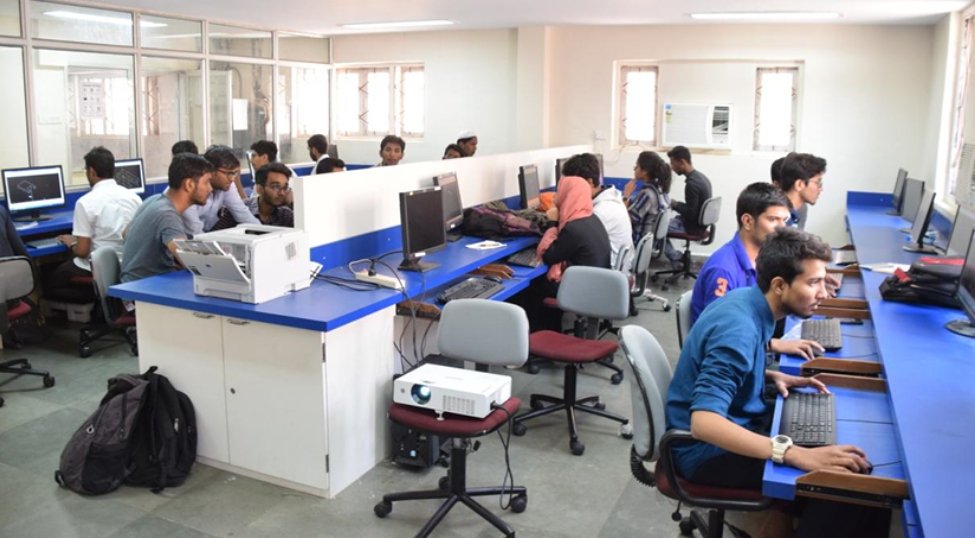
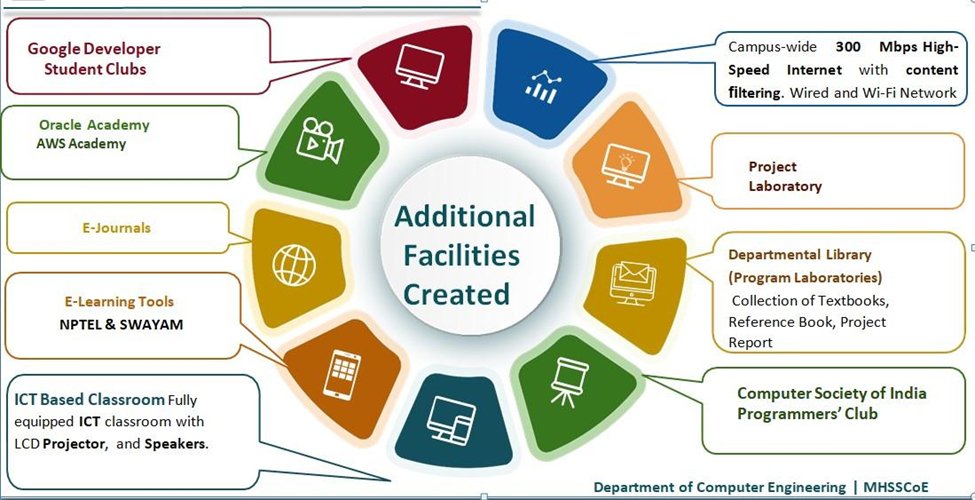
| 2024-25 | 2023-24 | 2022-23 | 2021-22 | |
|---|---|---|---|---|
| No. of Students Eligible | 41 | 54 | 65 | 69 |
| No. of Students Placed | 10 | 19 | 36 | 46 |
| Higher Studies | 0 | 1 | 3 | 2 |
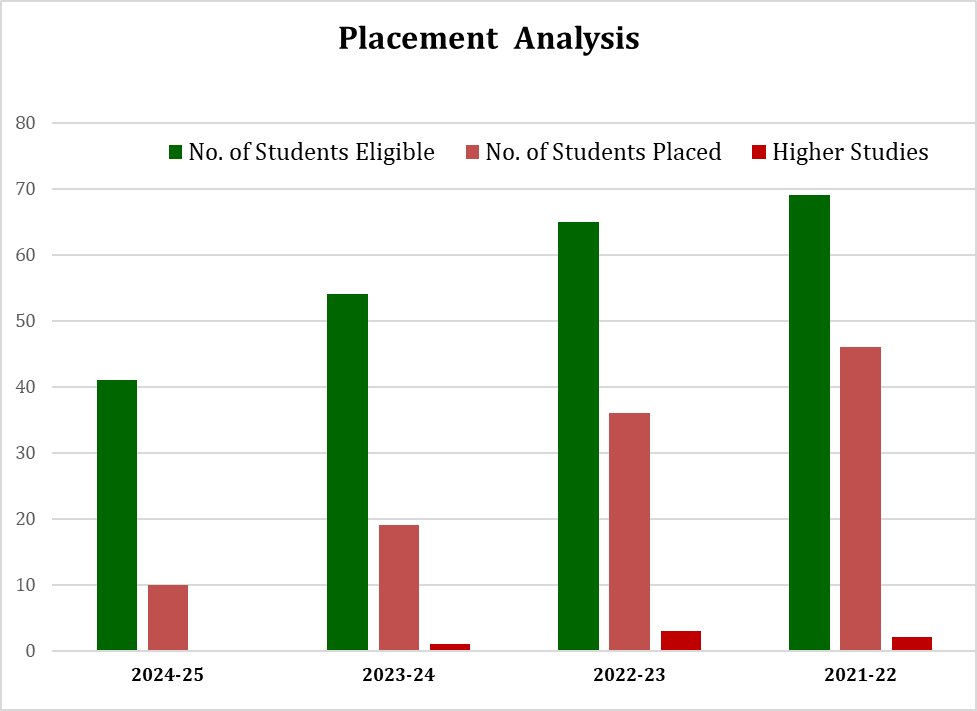
Department’s Achievements
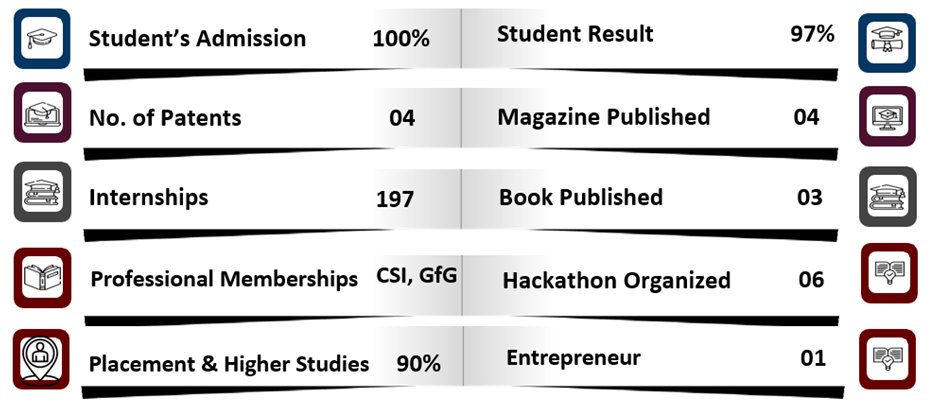
Achievements & Contribution of the faculties
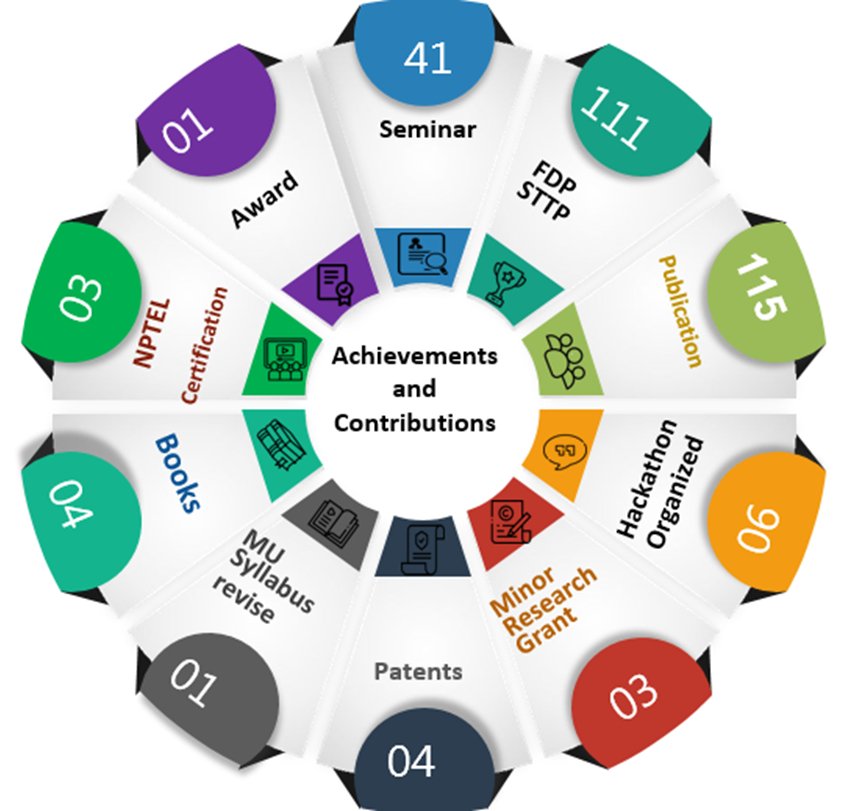
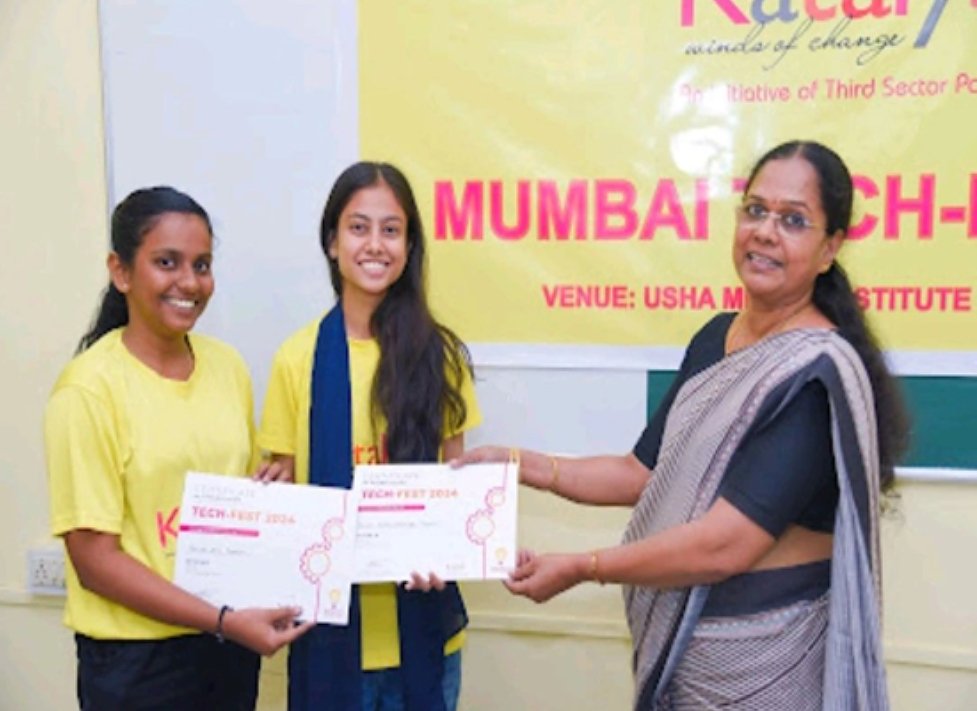
Mini-Engineering project hosted by Katalyst India
Tanveer Fatima Hungund and Tanisha Kesarkar, secured first prize in the mini-engineering project competition at Techfest 2024, hosted by Katalyst India
Smart India Hackathon at IIT Roorkeeb
Six students from SE computer Needa Shaikh, Shaikh Ashhar, Sayed Faisal, Khan Anas, Faraz Shaikh and Khan Masood have won first prize of Rs. 100,000/- at Smart India Hackathon 2019 at IIT Roorkee. They have worked on automated chatbot system for organization KG Infosystem Pvt Ltd. under the guidance of Prof. Ahlam Ansari.
